

Another virus. Another wasted skiing weekend. I wasn’t well enough for Troodos this weekend, but I was desperate to escape the house for a couple of hours. So we decided to pop to Limassol Castle for a visit.
Limassol Castle suffers from the same thing as Paphos Castle – it’s local. So while we’ve visited all the main castles on the north side of the island, it’s taken two years to get to Limassol Castle, which is less than an hour down the road.
Limassol Castle sits in the medieval square in the Old Town, near the marina. It’s small but solid, like one large hunk of impenetrable stone. It reminded me of a miniature Kyrenia Castle.
Like many places in Cyprus, the castle is made up of numerous layers of history. Before you even get inside, you walk past a mosaic floor, olive presses and dozens of fragments of ancient columns.
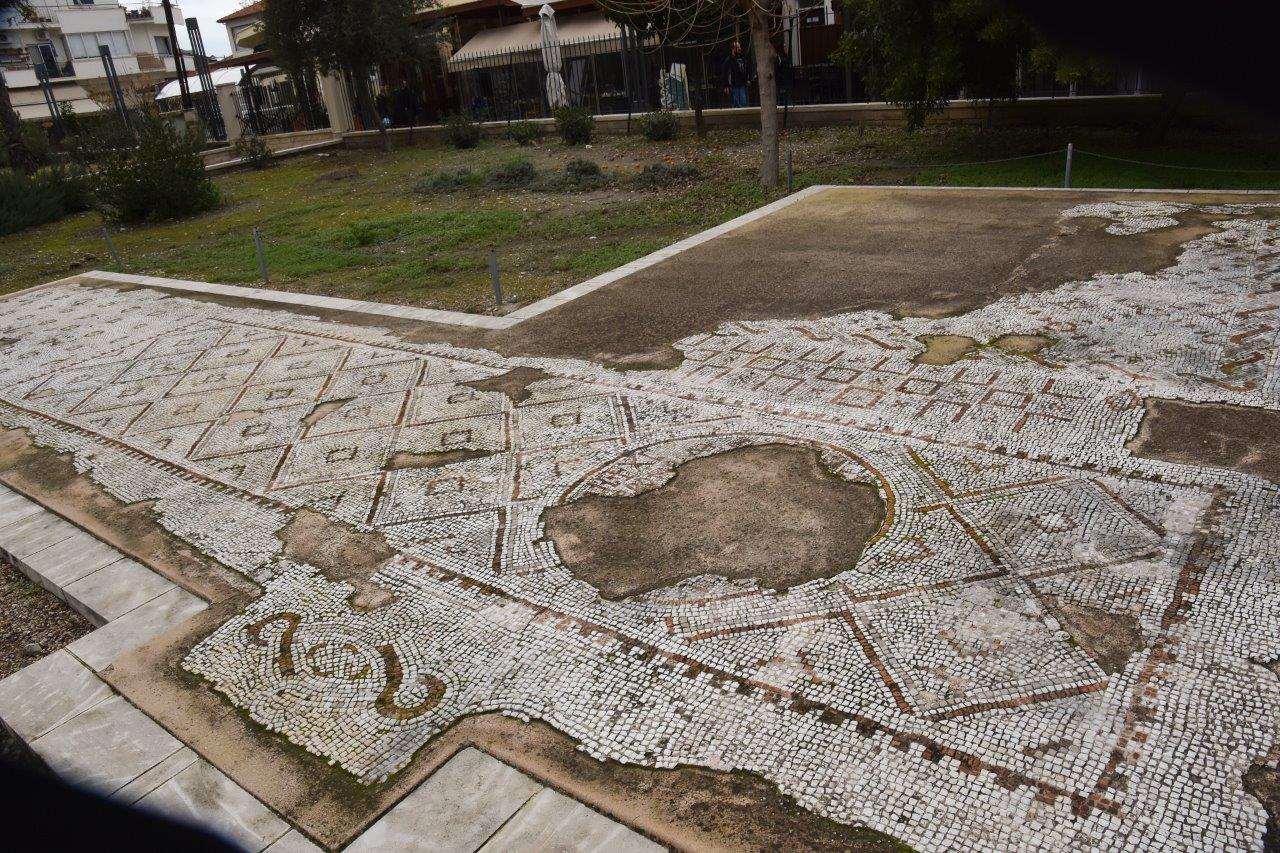
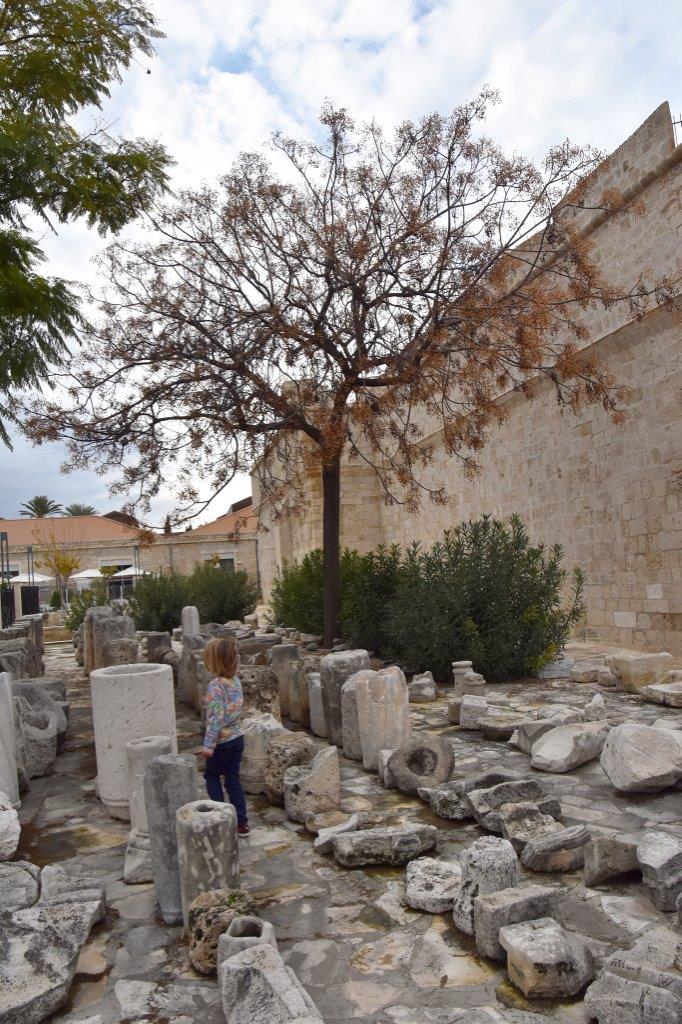
The castle was first built in the 13th century but records suggest there was an earlier Byzantine castle on the site. The castle used to be a lot bigger during the Venetian times, but the Venetians destroyed it in the 16th century to prevent the Ottomans taking control of it. After the Ottomans conquered Cyprus, they rebuilt the castle and used it as a garrison. The British later used it as a police station and jail.
But what drew me to the castle was the legend of King Richard the Lionheart of England marrying Queen Berengaria in the castle’s chapel. Is this true? We saw no reference to it in the castle.
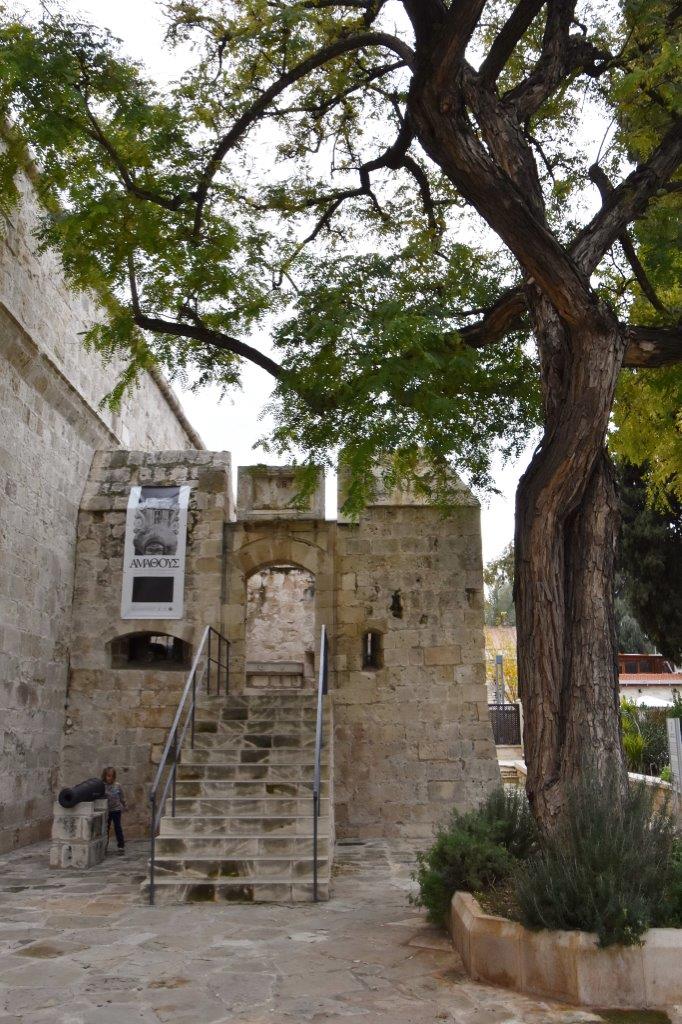
The ticket office is up the stairs next to the castle entrance and tickets cost €4.50 for adults. Step inside and you quickly realise the castle is a mash-up of different monuments. To the right of the entrance hall, a steep staircase takes you down into a magnificent vaulted underground chamber, a least two stories high.

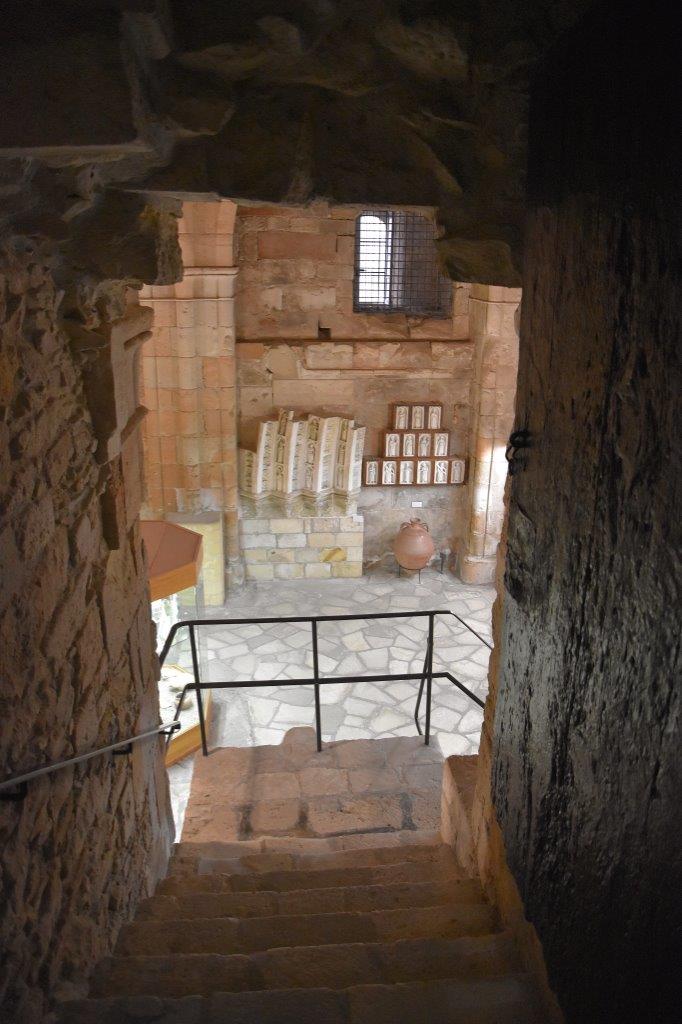
The room is lined with artefacts and old photos of ecclesiastical monuments. A display in the centre of the room houses old pottery and vases. In the corner is a spiral staircase (that you aren’t allowed on) that leads up to the roof. It is thought this staircase was actually part of an old basilica on the site. Next to it is a skeleton of a man mutilated by the Ottomans in Nicosia. Lovely!
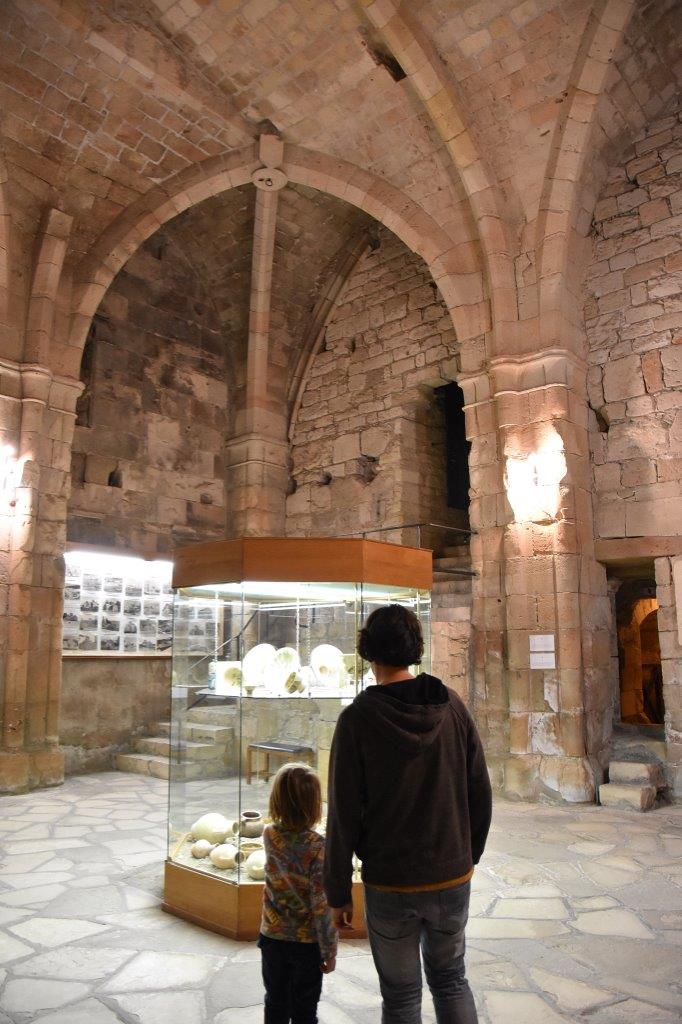
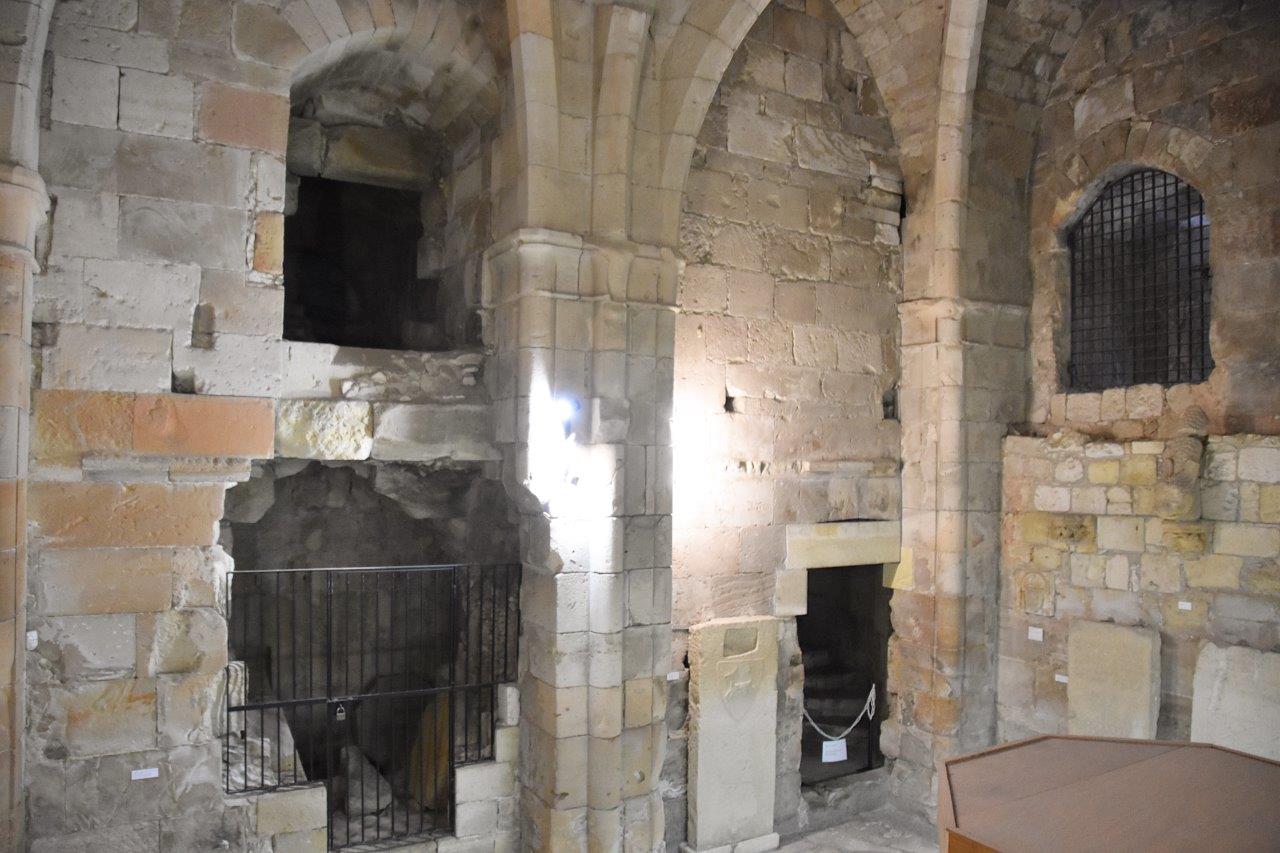
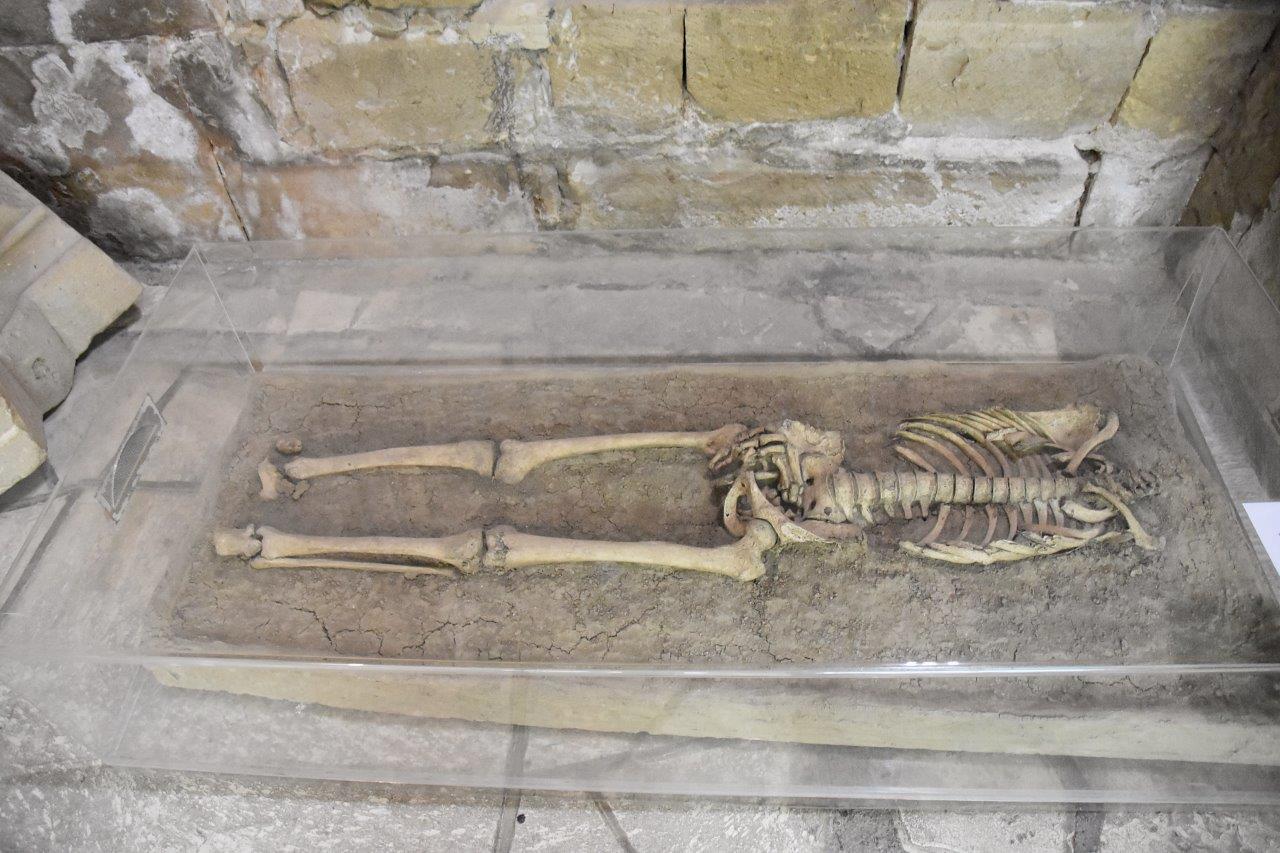
The other half of the castle doesn’t quite match the large vaulted room and looks like it’s been stuck onto it. This other half has three floors. We headed straight for the small underground rooms where it is thought that the royal marriage took place.
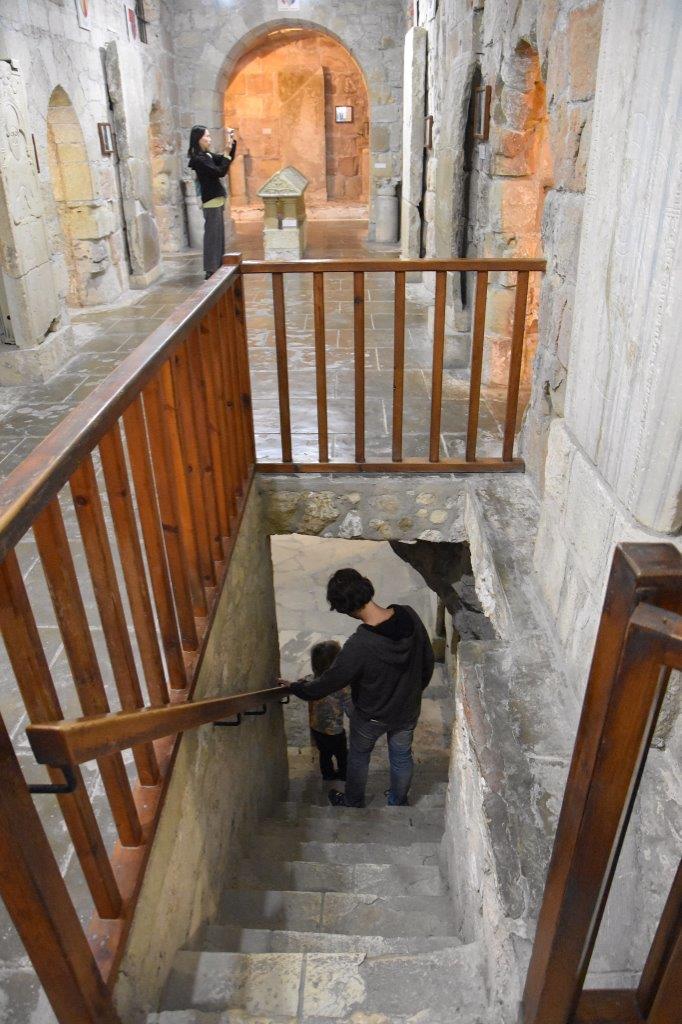
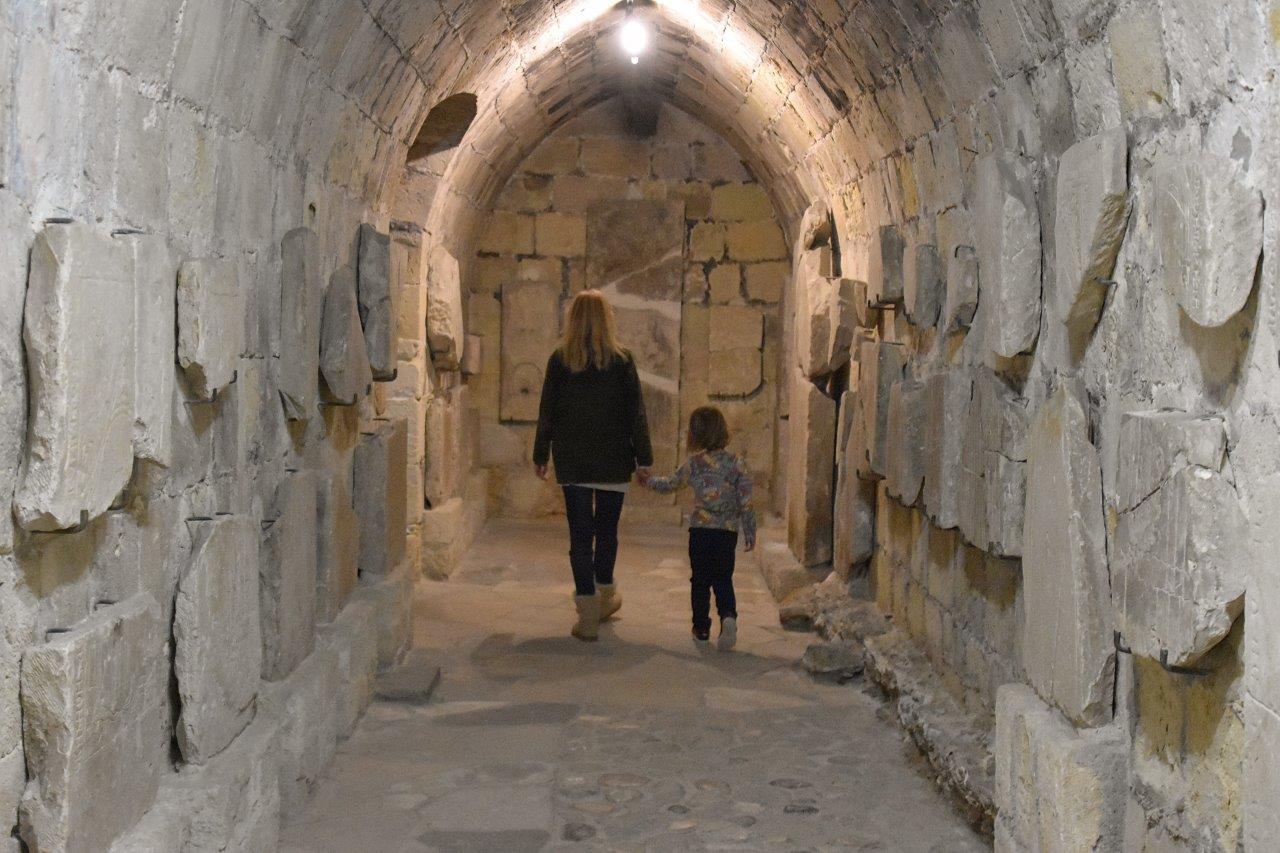
In these underground rooms you can make out the curve of the apse belonging to the ancient basilica that was built there. We explored various nooks and crannies formed by parts of other buildings squashed into the castle’s 2m-thick walls.
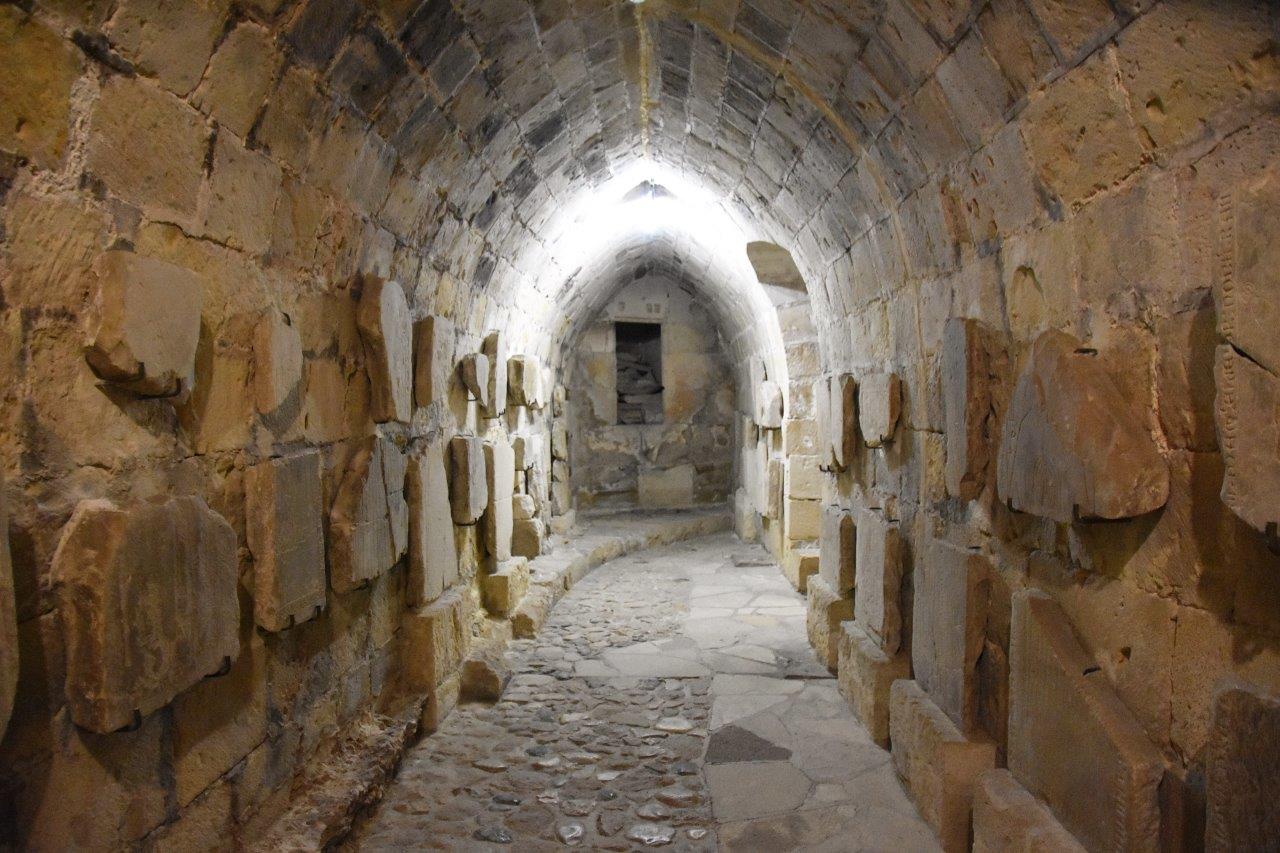
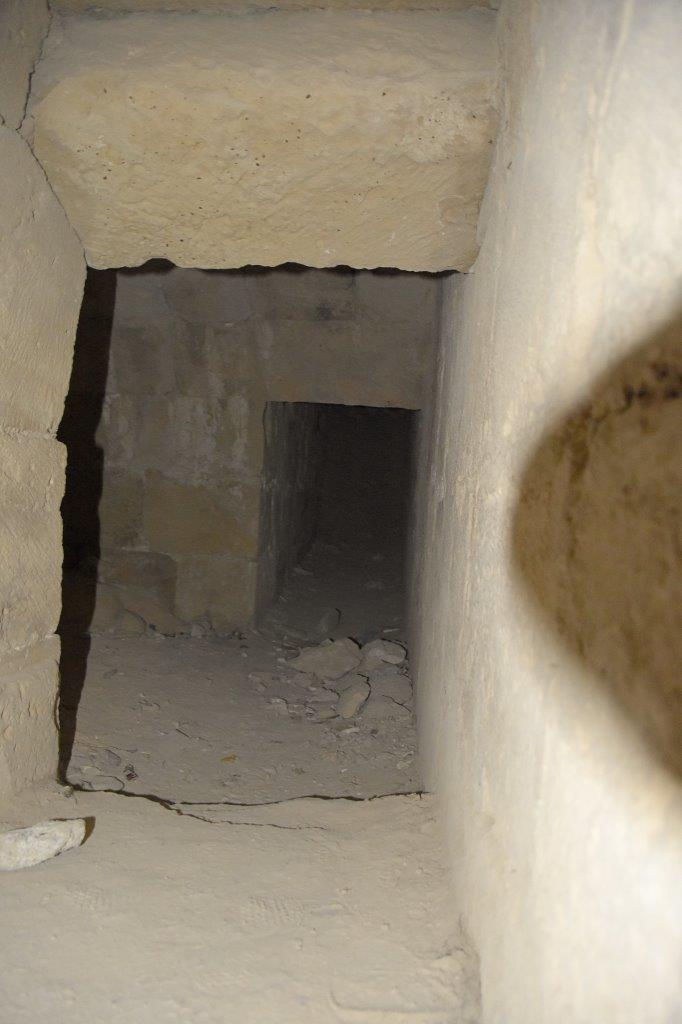
The castle’s interesting medieval museum is housed on the first and second floors. Tombstones, weapons, jewellery, artwork and ceramics are displayed in the little cells that used to incarcerate Ottoman and British prisoners. Surprisingly, Goobie really enjoyed looking around the museum, particularly at the armour and weapons.
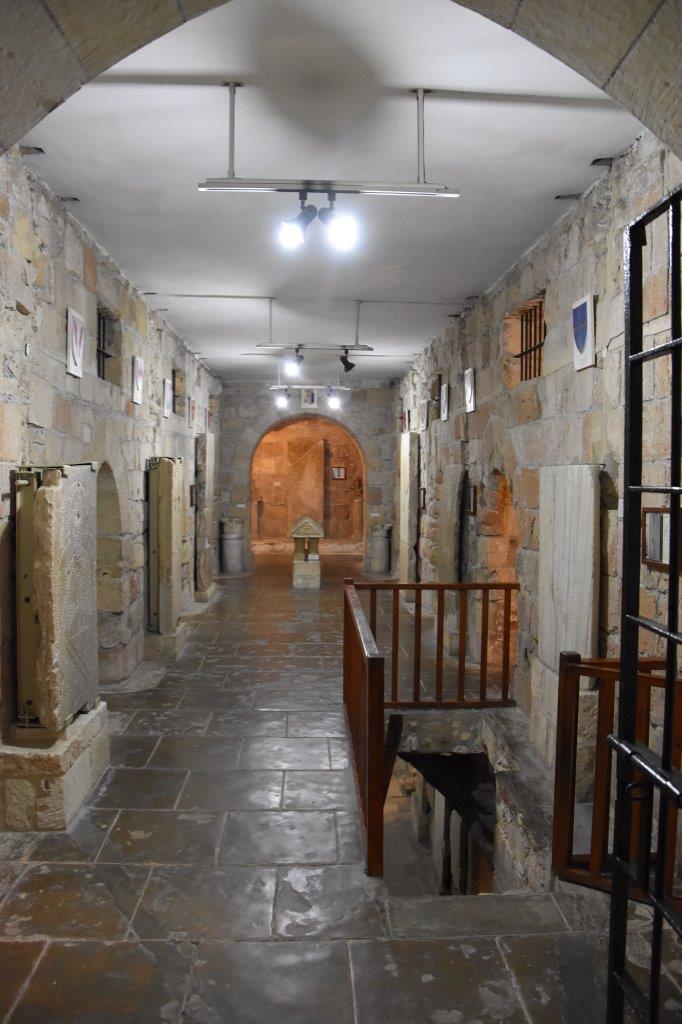
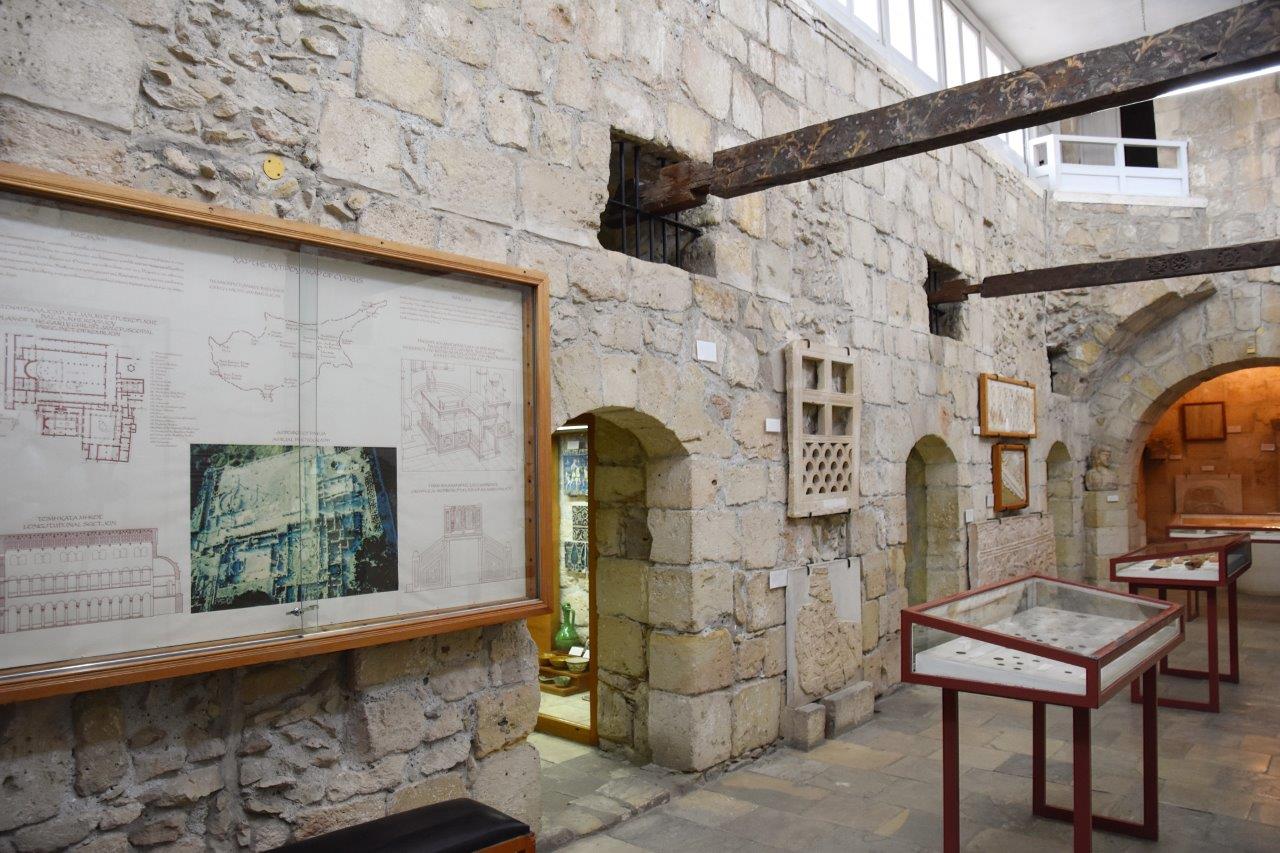
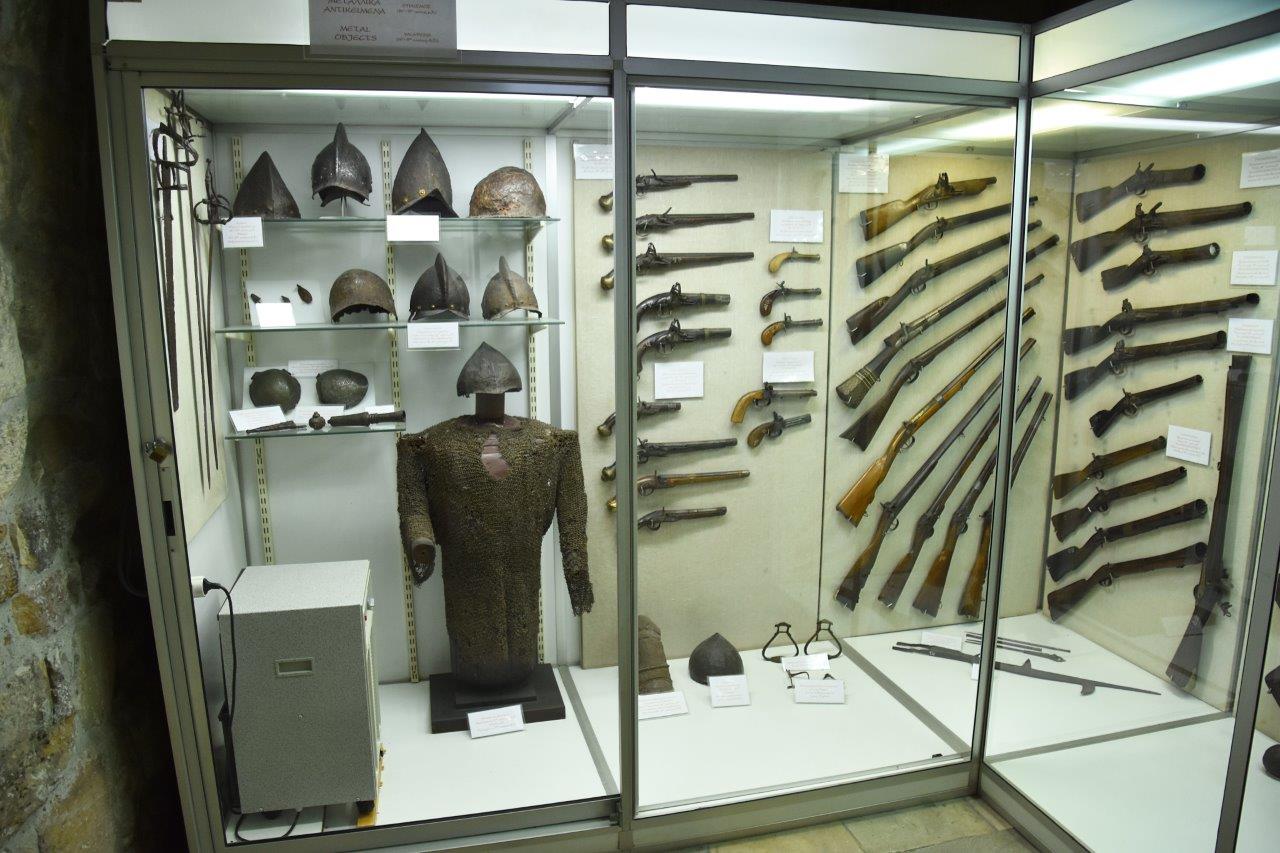
Another flight of stairs takes you onto the roof, where you have a good 360-degree view of Limassol.

From the roof, Goobie spotted a humongous cruise ship leaving the port. We haven’t seen a cruise ship in Cyprus before. He was spellbound.
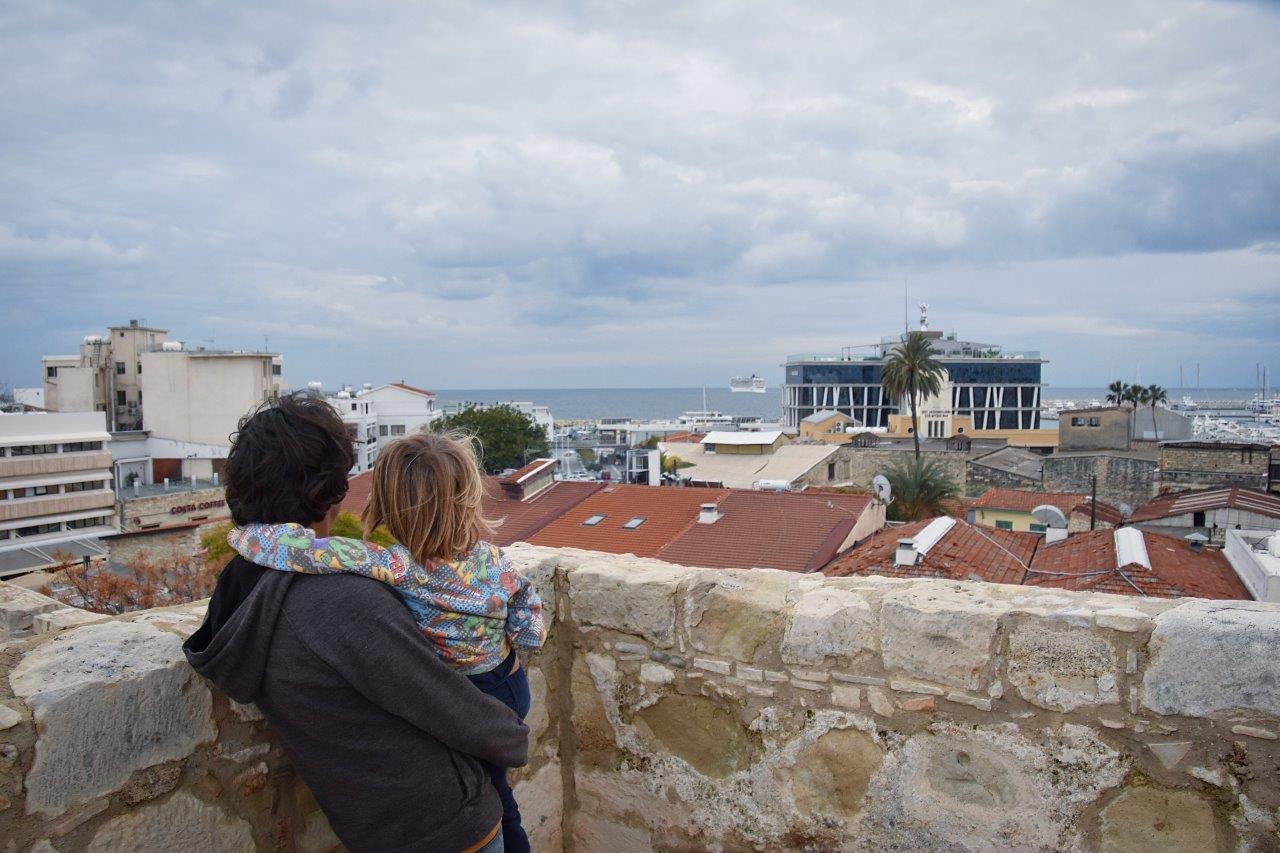
A quick search on the phone told us the MSC Magnifica was heading for Rhodes. And as we headed for home, the ship followed us, companions for part of its long journey past Kourion, Petra tou Romiou, Paphos, the Akamas and beyond. When we got home, we waved to it from our bedroom window – a beacon of blue light disappearing into the dark horizon.
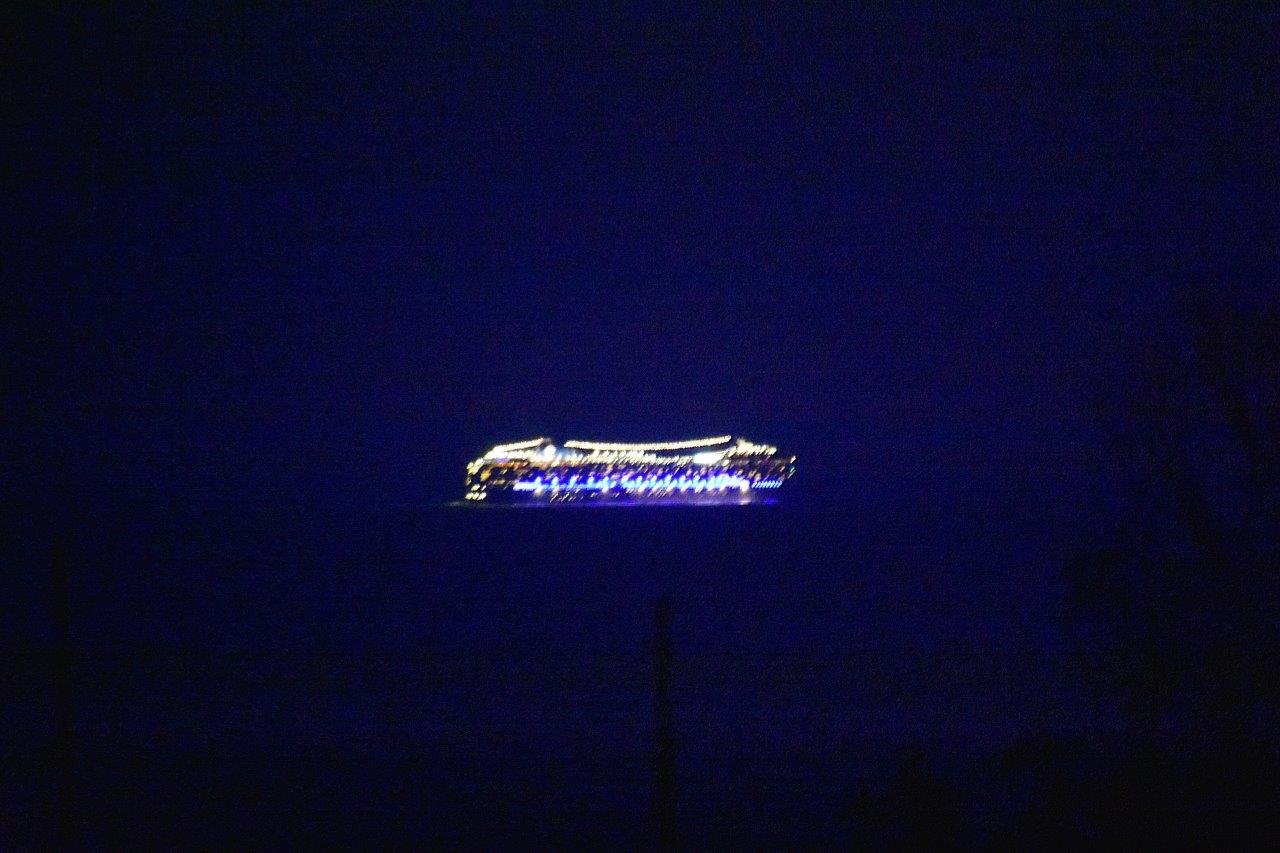
.
Leave a Reply